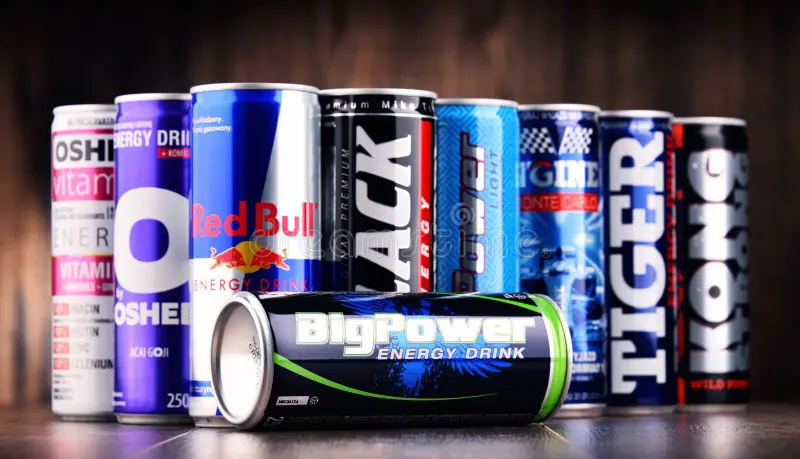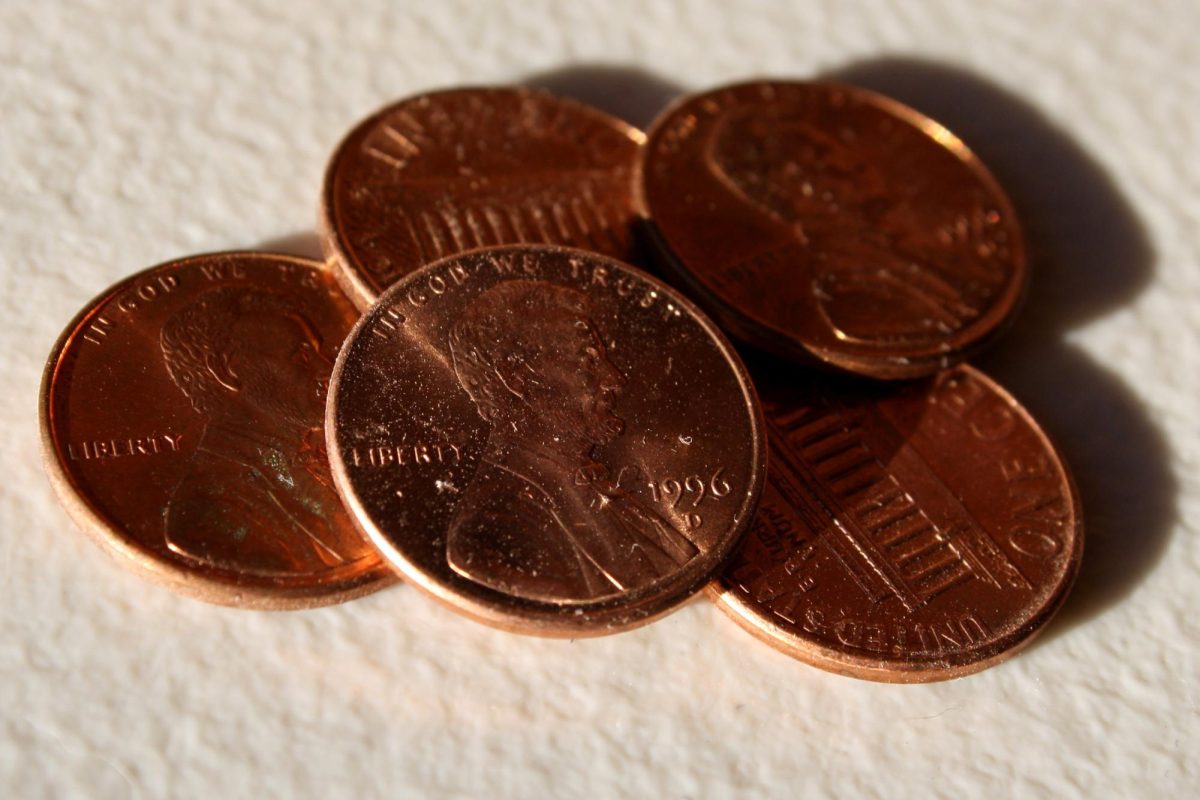Recently, energy drinks have grown in popularity among children, teens, and young adults. These drinks such as Celsius, Red Bull, Monster, Prime, and many more contain large amounts of caffeine, added sugars, legal stimulates, and other additives. Although these drinks have skyrocketed in popularity, there are major health concerns with the consumption of energy drinks.
Energy drinks are promoted as products that will boost concentration, energy, alertness, and physical performance, all of which are enticing to children, teens, and young adults. Caffeine is the main source of these mental and physical enhancers. Most energy drinks contain anywhere from 100-300 milligrams of caffeine. This is three to six times higher than the amount of caffeine in a regular 12 oz. soda or coffee. The recommended intake of caffeine per day is 400 milligrams. Drinking two to three energy drinks a day pushes the caffeine intake over the daily recommendation. Although caffeine can boost energy, concentration, alertness, etc., too much caffeine can also lead to irritability, nervousness, panic attacks, insomnia, and sometimes more serious issues like heart attacks or cardiovascular problems.
Caffeine isn’t the only issue with energy drinks. Energy drinks contain large amounts of added sugar and legal stimulants. These stimulants also contain caffeine and sugar that increases both the caffeine and sugar intake for one drink. Both caffeine and sugar contain addictive properties, so drinking energy drinks daily can lead to the addiction of them.
Social media and other influencers have also contributed to the recent skyrocketing popularity of energy drinks. Most energy drink consumers are children and teens because of the influx of promotion they receive on social media as well as promotion from sponsored athletes and professional gamers.
Energy drink companies themselves are also marketing their “new” drinks as healthy alternatives to normal energy drinks. By removing added sugars and replacing them with natural sugars, electrolytes, and natural caffeine, these companies promote their energy drinks as healthy for people. Removing sugar and adding a few healthy ingredients does not actually make these energy drinks healthy. Many of the health problems that are occurring because of these drinks are due to the fact that they are being promoted as healthy substitutes to sports drinks, pop, coffee, and other caffeinated beverages.
Energy drinks are highly caffeinated, have large amounts of sugar, and contain many dangerous additives. Excessive intake of energy drinks can lead to major health concerns including panic attacks, insomnia, cardiovascular issues, and many more. People need to be aware of the potential risks of drinking an excessive amount of energy drinks, so they can make informed decisions about consuming energy drinks.
Works Cited
National Center for Complementary and Integrative Health. “Energy Drinks | NCCIH.” National Center for Complementary and Integrative Health, https://www.nccih.nih.gov/health/energy-drinks. Accessed 27 March 2024.
National Library of Medicine. “The Dark Side of Energy Drinks: A Comprehensive Review of Their Impact on the Human Body.” NCBI, 9 September 2023, https://www.ncbi.nlm.nih.gov/pmc/articles/PMC10535526/. Accessed 27 March 2024.
Pronschinske, Jamie. “The buzz on energy drinks.” Mayo Clinic Health System, 31 August 2022, https://www.mayoclinichealthsystem.org/hometown-health/speaking-of-health/the-buzz-on-energy-drinks. Accessed 27 March 2024.
Sidharthan, Chinta. “Red alert on energy drinks: Severe health risks for kids and teens.” News-Medical, 30 May 2023, https://www.news-medical.net/news/20230530/Red-alert-on-energy-drinks-Severe-health-risks-for-kids-and-teens.aspx. Accessed 27 March 2024.


















